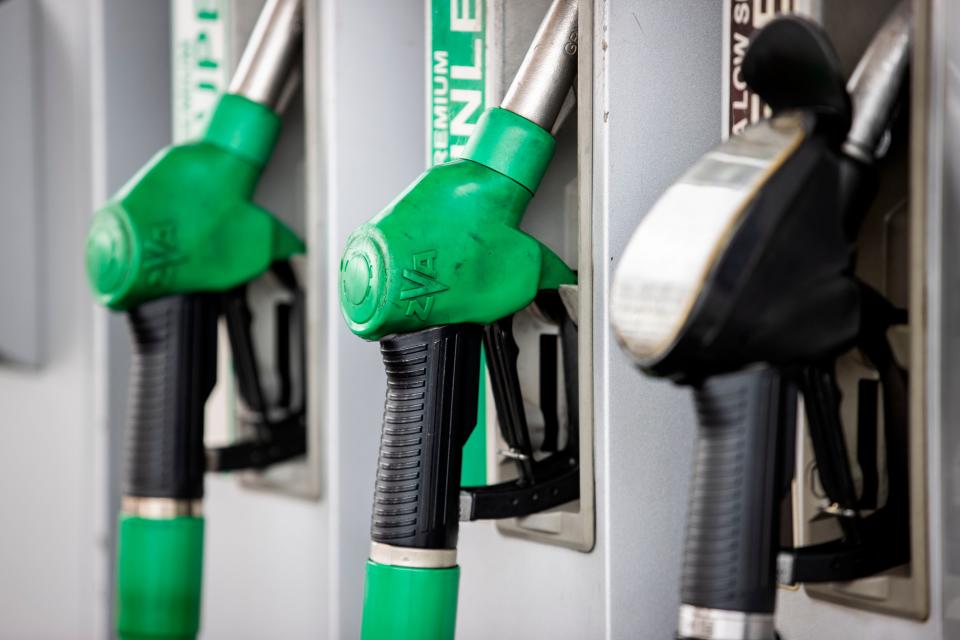Price rises are beginning to look permanent - time for the Bank of England to think about interest rate rises

Now Andy Haldane has left the Bank of England, the volume of dissenting voices against our zero per cent interest rates has been dialled down too far.
Wherever you look, it seems obvious that monetary policy is out of kilter with the rapidly growing economy. Inflation is surging, the labour market is tight. Wages are on the up.
Anyone going putting in a new kitchen (myself included) will tell you this. But if it’s data you want, look at today’s figures from the CIPS on the construction industry. Prices of pretty much everything from roof tiles to plaster are surging at their highest pace since 1997.
It’s the same in other sectors relying on imports, too.
The doveish majority on the Bank’s Monetary Policy Committee will argue that this is simply a short-term result of Covid or Brexit.
They’ll say most raw materials come from the EU and have been temporarily tied up in red tape or left undelivered due to the lack of lorry drivers willing to travel to Britain.
Doubtless, some of that will subside as we all get used to the new rules.
But many of the inflationary Brexit side effects are here to stay.
New taxes and labour-intensive paperwork, for example, are baked into the treaty. There’s no magic wand to make them disappear.
Meanwhile, as Covid restrictions come to an end, the huge number of job vacancies in bars, cafes and shops will rise further, boosting the nation’s wage inflation.
Price rises are looking less temporary by the day. Time to think more hawkishly on interest rates.
Read More
Inflation and pent-up demand cools services sector recovery
Don’t fret on inflation, Bank of England governor insists
Inflation is “rising fast” and could hit 4% this year, warns Bank chief

 Yahoo Finance
Yahoo Finance 